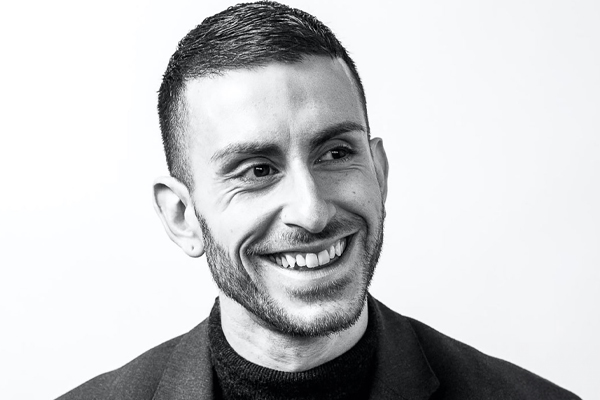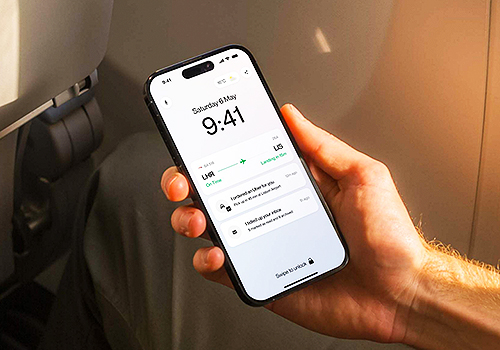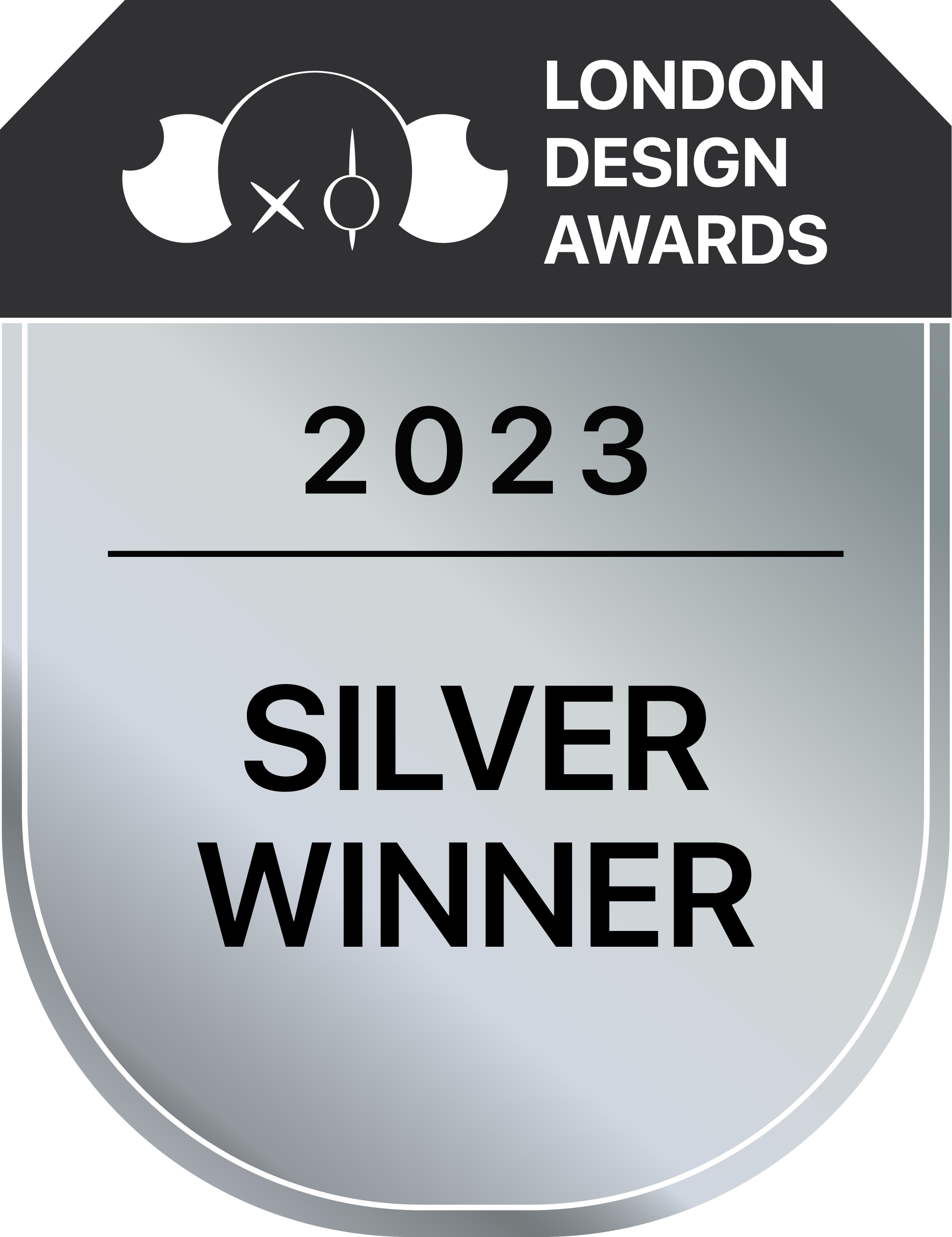
Cassius Kiani
1. Please give us a brief bio of yourself and your design background.
I love to learn, yet I despise schools. So, when I was younger, my early years involved computers and people who liked to build things. I found design by luck, thanks to many wonderful mentors, and a never backdown attitude. You need to be resilient as a designer, because problems are inevitable, and they're resilient too.
2. What made you become/why did you choose to become a designer/artist?
I've always enjoyed solving problems. People assume that designers only create artefacts, and my experience tells me that designers solve problems. Some problems are visual, some structural, some mysterious. Most problems create tension and when that tension is overcome, everything becomes a little better.
3. Tell us more about your agency/company, job profile, and what you do.
I'm a product and venture designer that brings to market digital ventures. Early in my career, I founded a design studio where we designed greenfield projects for Bumble, Facebook, Riot Games, and more. Now, I spend time building ventures in the startup world, and I've raised $10m for my ventures mora.com and pledges.com, as well as $50m for other ventures in my network.
4. What does “design” mean to you?
Design affords intentional movement to challenge problems.
Problems are tensions between the 'what is' and the 'what will be'.
When we use design, we can afford movement to (and away from) these tensions.
5. What’s your favorite kind of design and why?
Design which solves high-tension problems. There's a difference between a business which sells fish and chips, and one which enables 1000 people to build themselves livelihoods. Both are noble endeavours, my preference is to work on the latter.
6. To you, what makes a “good” design?
Good design creates less tension, rather than more.
7. How did you come up with the idea for your award-winning design?
By asking questions around how computation will shape and change the future.
8. Do you think your country and its cultural heritage has an impact on your design process?
Given James Dyson and Jony Ive are both British, there is a chance.
9. Congratulations! As the winner of the London Design Awards, what does it mean to you and your company and team to receive this award distinction?
I'd like to recognise Asher Khan (Design Lead on AOS) who is too humble to take credit for his work
10. Can you explain a bit about the winning work you entered into the London Design Awards, and why you chose to enter this project?
AdaptiveOS is an operating system that harnesses the power of artificial intelligence to deliver an adaptive computing experience.
AdaptiveOS creates a space for you to effortlessly delegate important actions and tasks to intelligent AI agents. From new events to long messages, AdaptiveOS effortlessly detects the important details so you can focus on what matters most.
Whether you need inspiration or perspiration, AdaptiveOS makes it quick and simple to get what you want and need from the internet.
When you
11. What were the main challenges you faced during the design process, and how did you overcome them?
Iteration is important and always what limits creative exploration.
12. How do you think winning this award will impact your future as a designer?
It's motivation to continue to iterate.
13. What sets your design apart from others in the same category?
I don't know enough on the other entrants to comment, but to speculate, perhaps my time horizon. I try to focus on the future, what's next, and what could be.
14. Where do you see the evolution of design industry going over the next 5-10 years?
I believe AI will complete 95% of the artefact creation we see in the future. Over time, designers will focus on how to find and solve problems, rather than how to create the artefacts to solve these problems.
15. What advice do you have for aspiring designers who want to create award-winning designs?
Find problems you want to solve and that you're uniquely positioned to solve. When you find these problems, make them your life's work.
16. What resources would you recommend to someone who wants to improve their skills in the design industry?
Find people who create work you respect and admire. Be as useful as you can to those people. Work with them where you can.
17. Tell us something you have never told anyone else.
I'm quietly grateful to be British.
18. Who has inspired you in your life and why?
I don't dare write the list, because I know I'll miss someone important.
19. What is your key to success? Any parting words of wisdom?
Find problems you want to solve and that you're uniquely positioned to solve. When you find these problems, make them your life's work.
20. Do you have anything else you would like to add to the interview?
I'd like to recognise Asher Khan (Design Lead on AOS) who is too humble to take credit for his work here. In a decade, I'm confident he will be up there with the greats. In less than a year, I'm confident he'll surpass my abilities.

